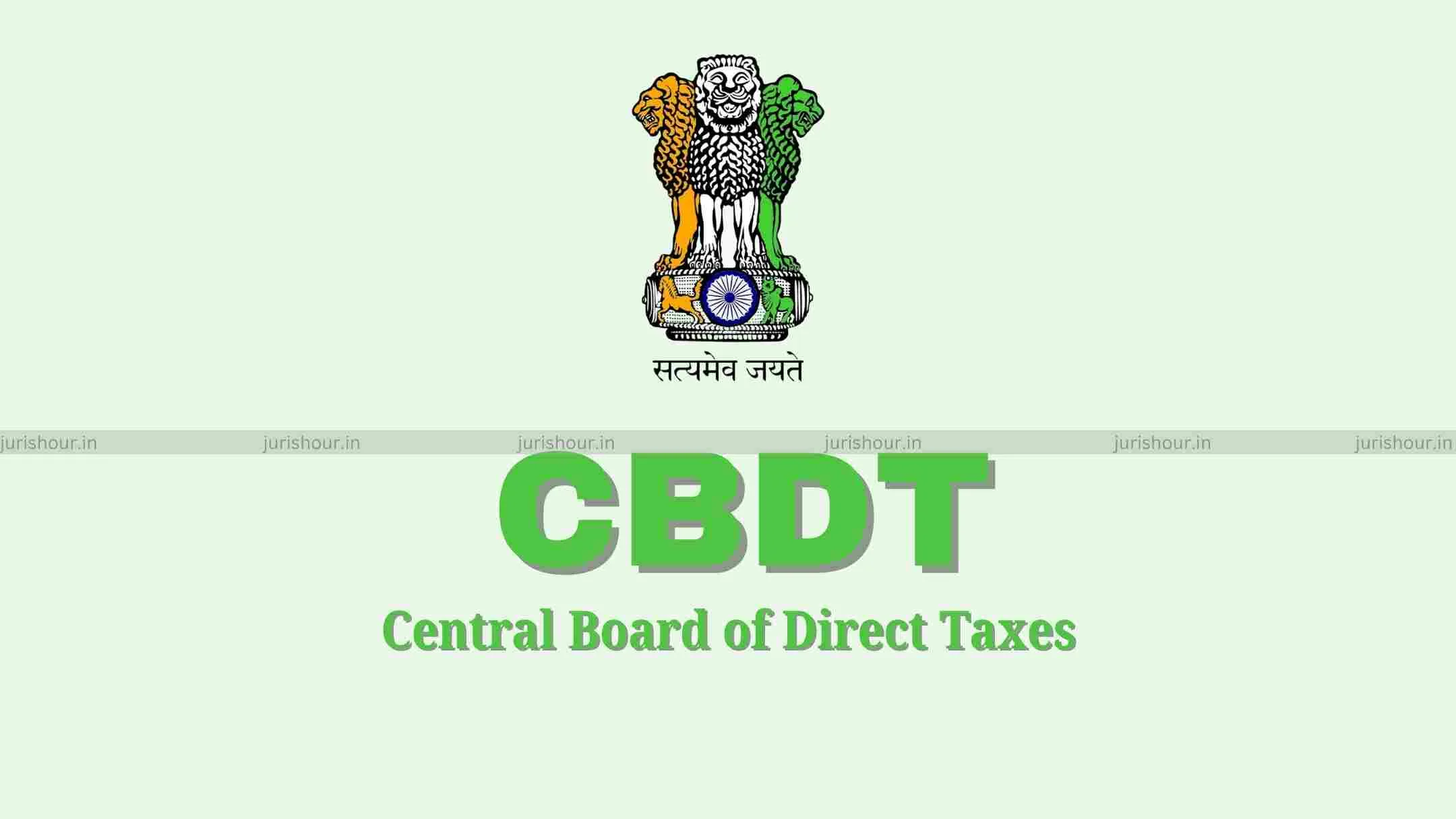The Central Board of Direct Taxes (CBDT) has notified an upward revision of the Cost Inflation Index (CII) to 376 for the financial year 2025-26 (FY26), up from 363 in the previous year. This index is a key element in the computation of long-term capital gains (LTCG) tax, as it adjusts the purchase price of an asset for inflation, thereby offering relief to taxpayers by lowering the taxable gain.
The revised index will be applicable from April 1, 2026, impacting Assessment Year 2026-27 and all subsequent years. The move is expected to offer marginal tax savings to sellers of long-term capital assets such as real estate, gold, and unlisted shares, by enhancing the inflation-adjusted cost of acquisition and improvement.
What the Revision Means for Taxpayers?
By indexing the cost of an asset to inflation, the CII helps determine the real gain made on the sale of an asset, as opposed to nominal gains inflated by price rise. For example, if a property was purchased years ago, its value today might be substantially higher. Using the CII, the original cost is adjusted upwards, which in turn reduces the net capital gainsand hence the tax liability.
However, despite the beneficial revision, the scope for availing indexation benefits has narrowed due to recent tax reforms. The Finance Act, 2024, significantly restructured the capital gains tax regime to simplify compliance and introduce more uniformity.
Limited Scope Under New Capital Gains Framework
Under the revised framework, indexation is generally not available for assets sold on or after July 23, 2024, with one key exception: a grandfathering clause.
This clause allows resident individuals and Hindu Undivided Families (HUFs) to continue claiming indexation on long-term capital assets acquired before July 23, 2024, even if sold after this date. In such cases, taxpayers have the option to choose between:
Paying LTCG tax at 20% with indexation, or
Opting for a concessional flat rate of 12.5% without indexation.
This optionality ensures that sellers of older assets can still benefit from inflation adjustments, depending on which method results in lower tax outgo.
Restrictions for NRIs and Entities
Importantly, this beneficial option is not extended to non-resident Indians (NRIs), companies, or limited liability partnerships (LLPs). For them, the revised CII provides limited utility, as the newer provisions restrict the use of indexation benefits unless the sale qualifies under special circumstances.
Background and Significance
The CII is notified annually under Section 48 of the Income-tax Act, 1961, and plays a critical role in capital tax computation. The latest notification, numbered S.O. 2954(E) dated July 1, 2025, amends the earlier notification issued in June 2017 and is published in the Gazette of India (Extraordinary).
As capital assets continue to be a major source of investment and savings in India, these changes will affect individual tax planning strategies, particularly for those with long-held property or equity investments.
Notification Details
Notification No. 70/2025
Date: 1st July, 2025

